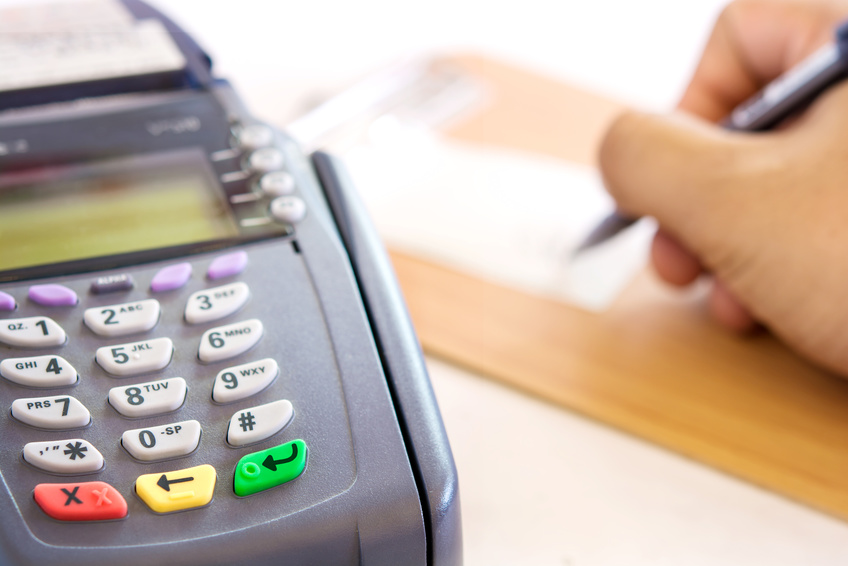The push to convert to EMV chip card implementation is in full swing. Despite a full EMV chip card implementation release date of October 2015, most experts believe full conversion may not happen in the U.S. until 2018. According to Nick Holland, a senior analyst for Javelin Strategy & Research, too many banks, card issuers, and retailers are behind on EMV education to be ready this year. This problem is especially important to retailers, who bear the brunt of the penalties if their POS systems are not EMV compliant. Here are a few things that retailers must know to make their EMV conversion successful.
1. Know All the Players and Their Roles
There are many organizations involved that make the EMV process work. Such organizations include: credit card associations, banks, merchant account providers, payment gateways, and processors and acquirers.
2. Understand Base Fees and Markups
To create a merchant account you must understand base fees and markups. Base fees are wholesale charges for sales via credit cards. These fees are determined by issuing banks and associations. Markups are negotiable and depend on the credit card processor.
3. Research Fees
Retailers may work hard to meet EMV deadlines, but can be penalized to death with fees. Before partnering with anyone, know all the fees associated. Some common fees can include: Interchange Reimbursement and Assessment fees, Terminal fees, PCI fees, Network fees, Monthly fees, Annual fees, Early Termination fees, and more.
4. Find Ways to Reduce Processing Fees
Because there can be so many crippling fees, you’ll need to find legal ways to decrease fees. Find credible and reasonable credit card companies to create a merchant account well. Understand that higher risk accounts will be charged more than lower risk ones.
5. Choose Credible Payment Processors
Reliability is extremely important when searching for a provider. Online merchant services like eMerchantBroker.com have 24/7 customer support services in place with the latest in processing technologies. Make sure to research all options before signing a contract.
EMV chip cards are not the future – they are right now, and you could be penalized heavily if your terminals are not prepared. All types of merchant accounts, especially high risk ones like credit repair merchant accounts, online startup accounts, and online dating accounts, should be ready. Ensure that your business is ready to process EMV chip cards by opening a merchant account with eMerchantBroker.com.


